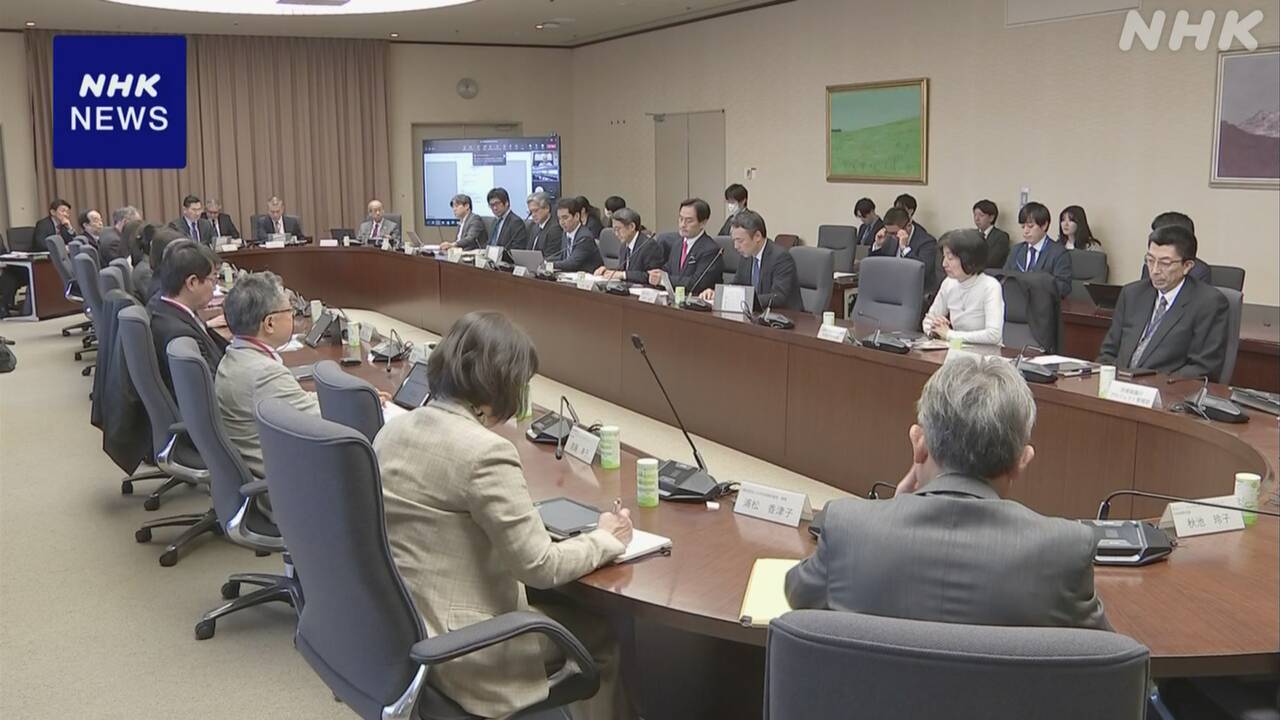
国産ジェット旅客機の開発撤退の教訓をもとに新戦略案 経産省 | NHK
【NHK】経済産業省は、三菱重工業が国産初のジェット旅客機の開発から撤退した経緯を踏まえ、今後、航空機産業が目指すべき新たな戦略案…

Japan to take another shot at a homegrown airliner, eyeing hydrogen
Public-private project will heed lessons from failed Mitsubishi jet
Just one year after the official end to the failure that was MRJ, Japan is trying to start another airliner project and this time with even more ambitious goals.
This new programme would be a public-private partnership programme and from the looks of it, they are planning to setup a NAMC-esque industry-wide consortium, since, according to METI, they think that a development of a new airliner is too much of a burden and a sole developer cannot handle it. I think there is some truth to this considering how it's went/been going for Bombardier and Embraer as well. These days, you either need to be Boeing, Airbus, or AVIC/COMAC to solider alone.
While MRJ's sales pitch was that it was going to be significantly lighter than its competitors through extensive use of composites (which didn't happen because they reverted back to aluminium) and a fuel efficient GTF (also became moot due to all the dealys and competitors adopting the new engine), this time they are planning to go even further and make it hybrid/hydrogen powered. I guess by "hybrid" they mean mixed fuel just like in industrial gas turbine sector. Scheduled enter to service after 2035.
They say that theyr are going to reflect all the lessons learnt from MRJ, but I'm not sure how effective they will be on that front.
Four major lessons pointed out were
1. Lack of understanding concerning modern certufucation process (was the biggest obstacle for MRJ afterall)
2. Lack of experience and problems with foreign vendors (since there are only so many aerospace vendors, MRJ's foreign suppliers were mostly Airbus and Boeing suppliers as well, who obviously prioritized the big two before Mitsubishi, causing delays)
3. MRJ didn't meet market demand (they talk about how the new Scope Clause agreement wasn't changed the way MHI was expecting it to be)
4. Need to renew gov. approach.
We should see how it will go but I can only see it being MRJ 2 :Electric Boogaloo for now.
